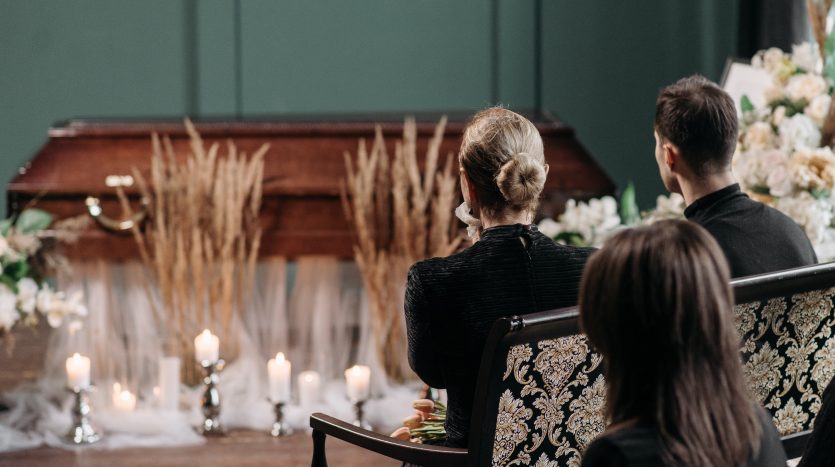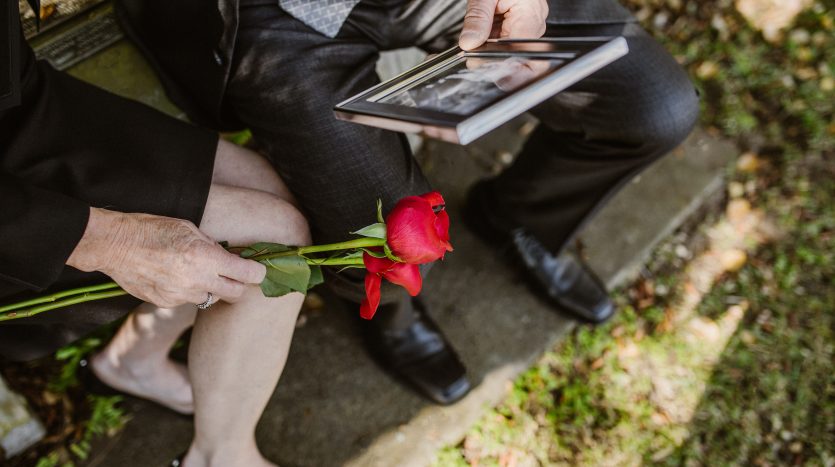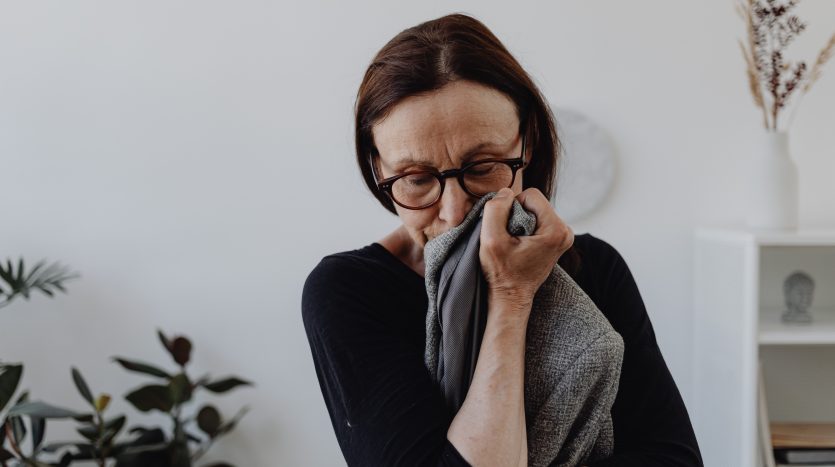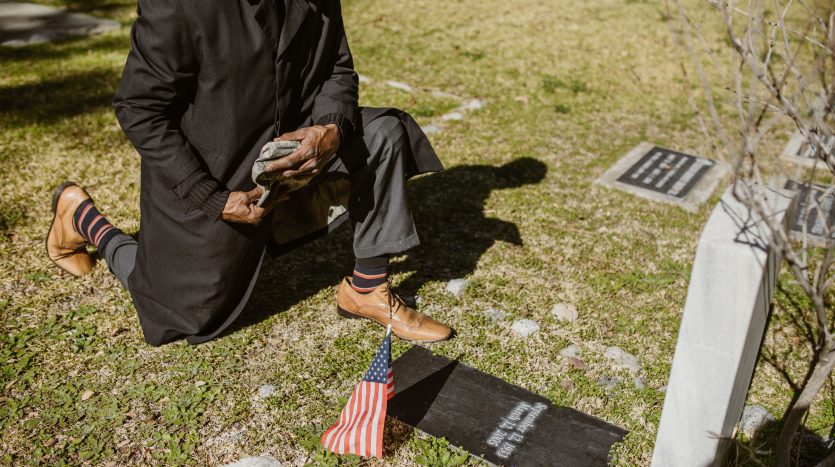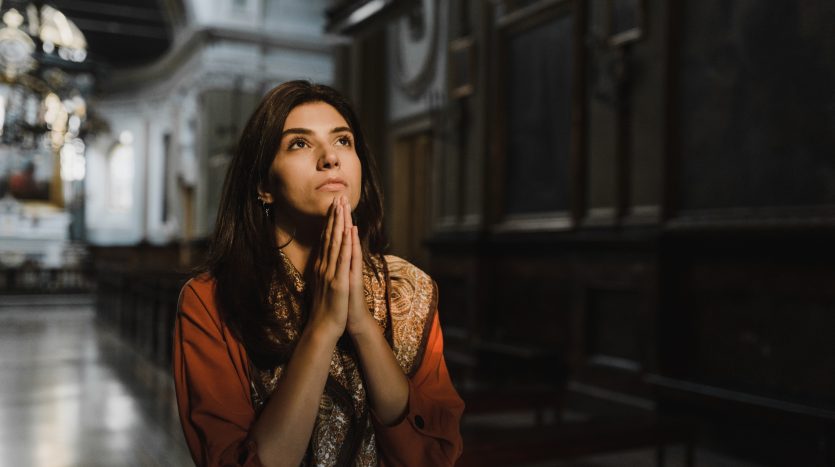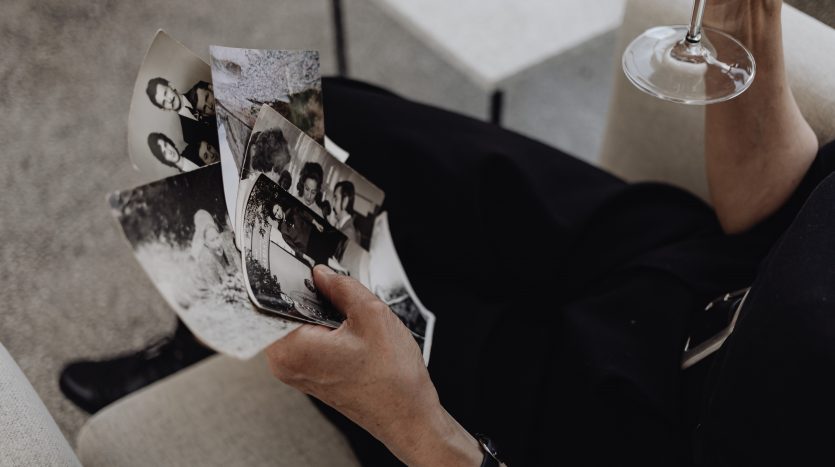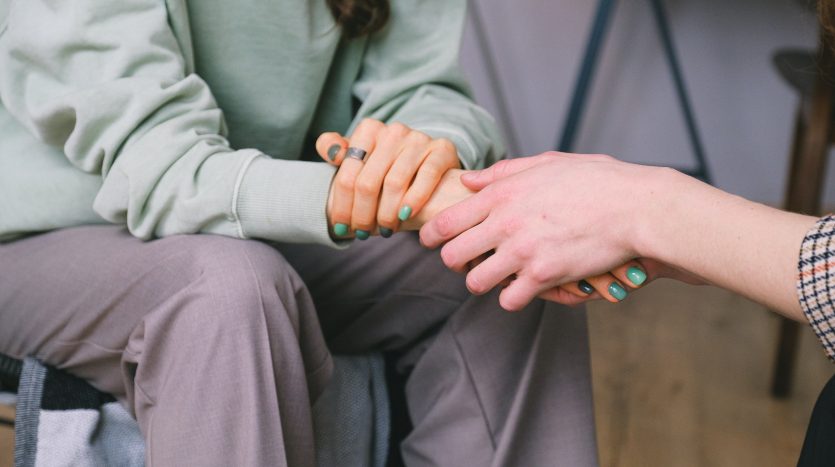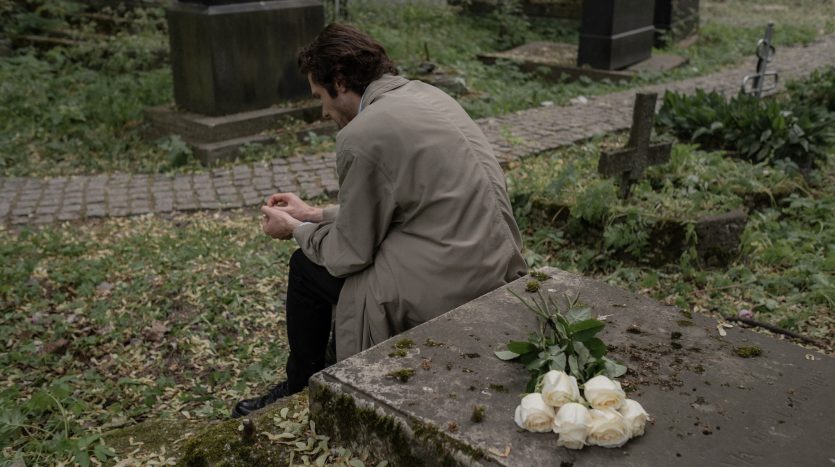The Role of Ritual and Tradition in Grieving and Honoring Loved Ones
The loss of a loved one is a significant event that can leave us feeling lost and unsure of how to cope. Rituals and traditions can play an important role in the grieving process. By providing structure and a sense of connection to our loved ones, we get to heal quicker. Here’s a look at the role of ritual and tradition in grieving and honoring loved ones:
RELATED: Mental Health and Grief: Coping Strategies for Bereaved Families
Creating a sense of community
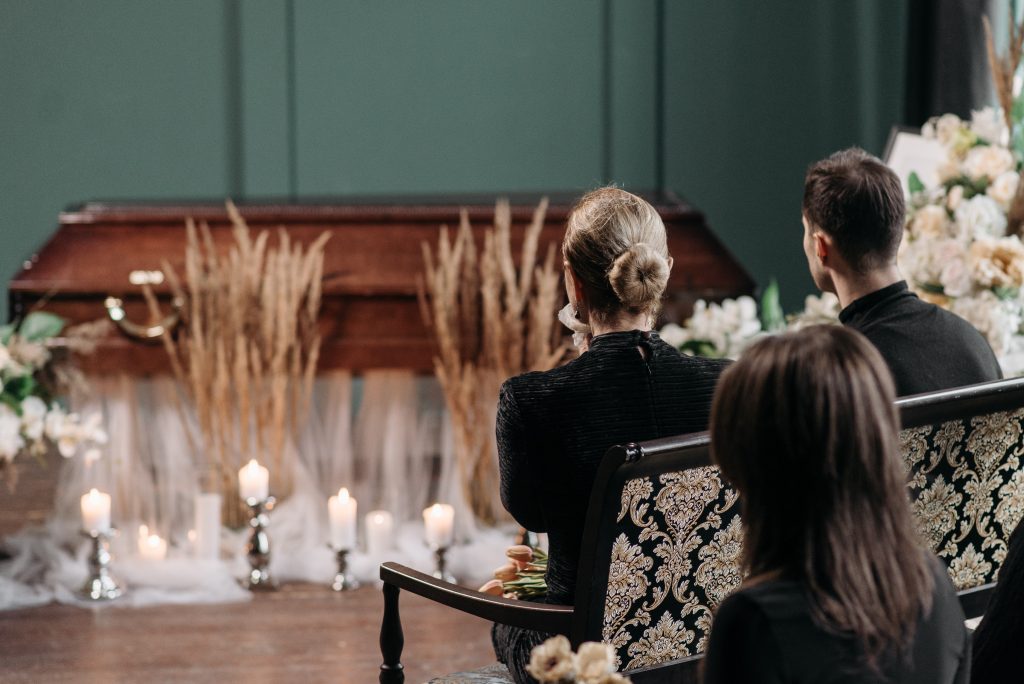
Rituals and traditions can bring people together and create a sense of community during a difficult time. For example, a memorial service or funeral can provide an opportunity for family and friends to gather. Through this, they can share memories, and offer support to one another.
Honoring the life of the loved one
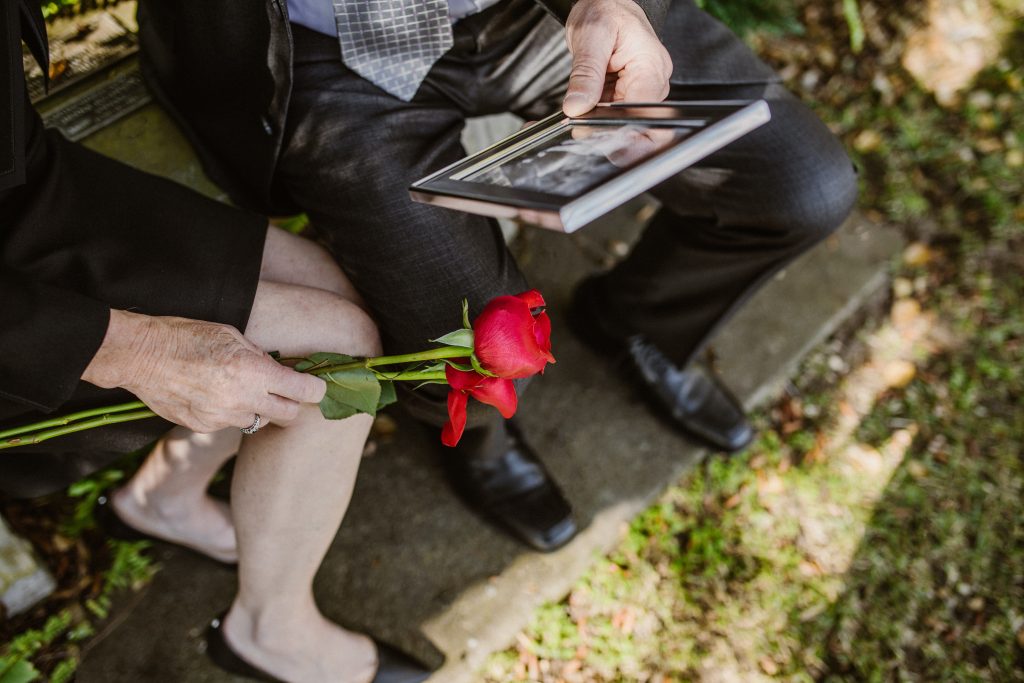
Rituals and traditions can help us to honor the life of our loved one and keep their memory alive. This may involve creating a memorial or tribute. It can be such a photo album or scrapbook, or participating in activities that they enjoyed.
Providing a sense of closure
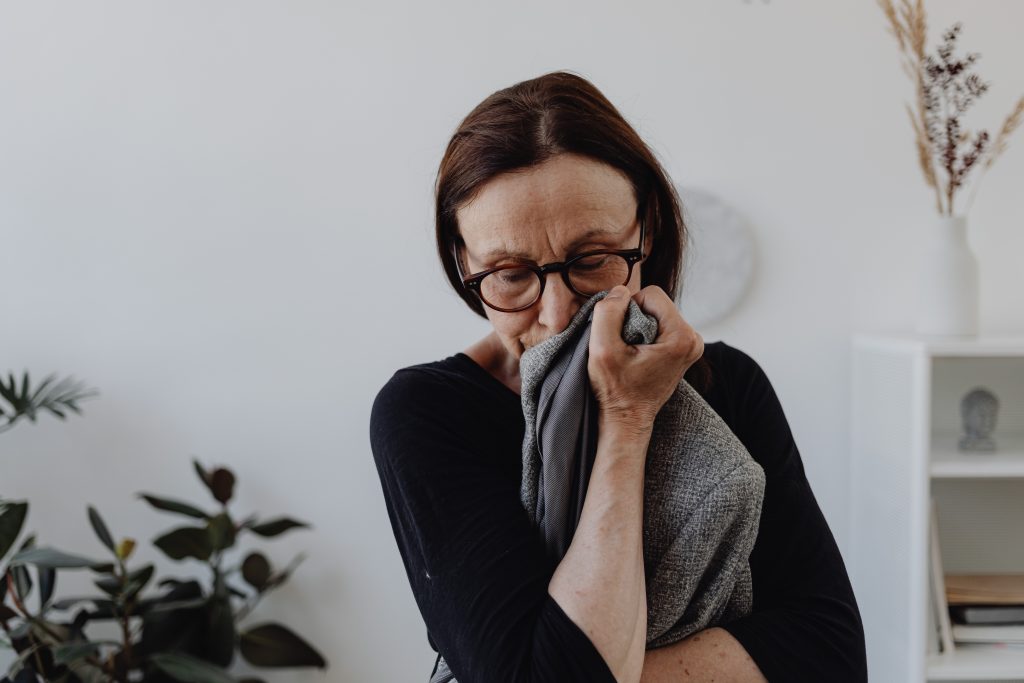
Rituals and traditions can provide a sense of closure and help us to move forward after a loss. This may involve performing a specific ritual or tradition, such as scattering ashes or lighting candles, to signify the end of a chapter and the beginning of a new one.
Supporting the grieving process
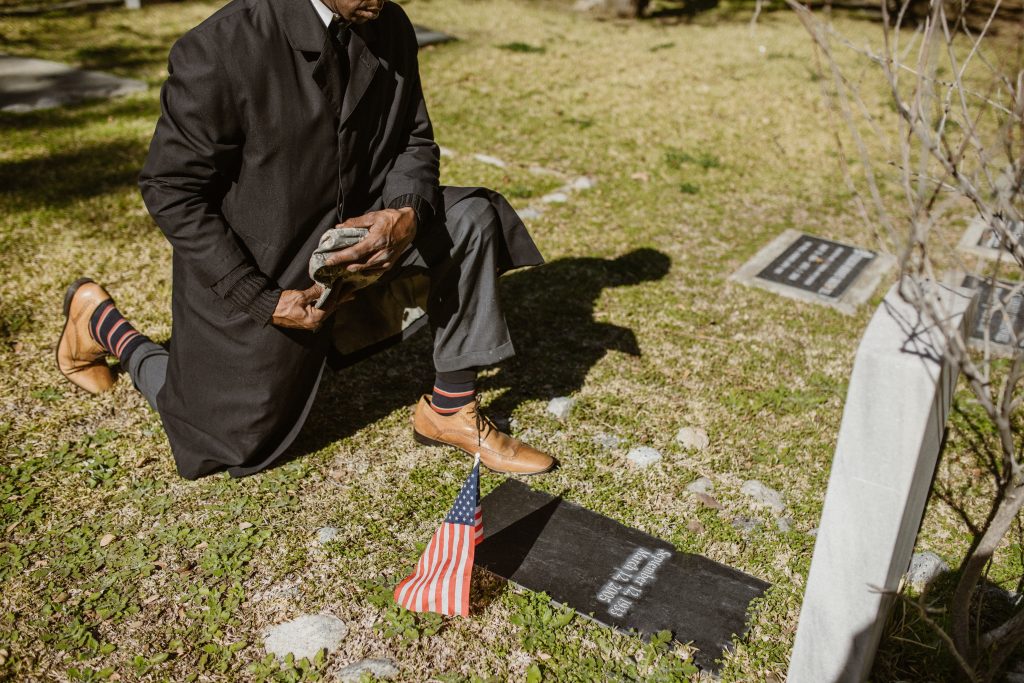
Rituals and traditions can provide structure and support during the grieving process. For example, setting aside a specific time or day to remember the loved one can provide a sense of comfort and routine during a difficult time.
Connecting with cultural or religious traditions
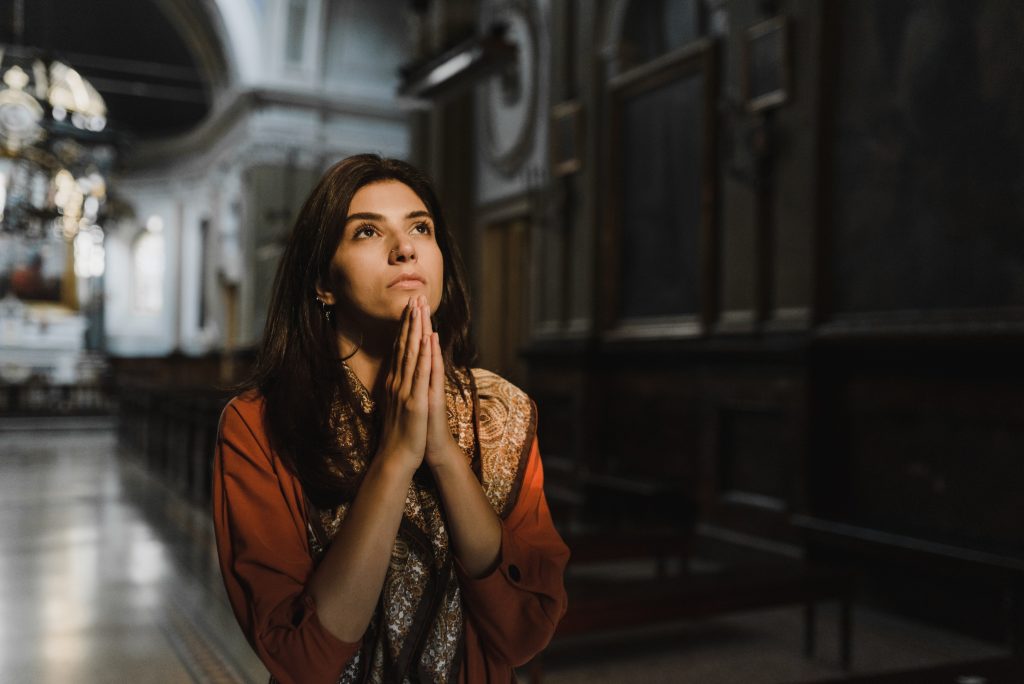
For some individuals, cultural or religious traditions can play an important role in the grieving process. These traditions can provide a sense of connection to one’s heritage or faith and can offer guidance and support during a difficult time.
Respecting others’ beliefs and practices
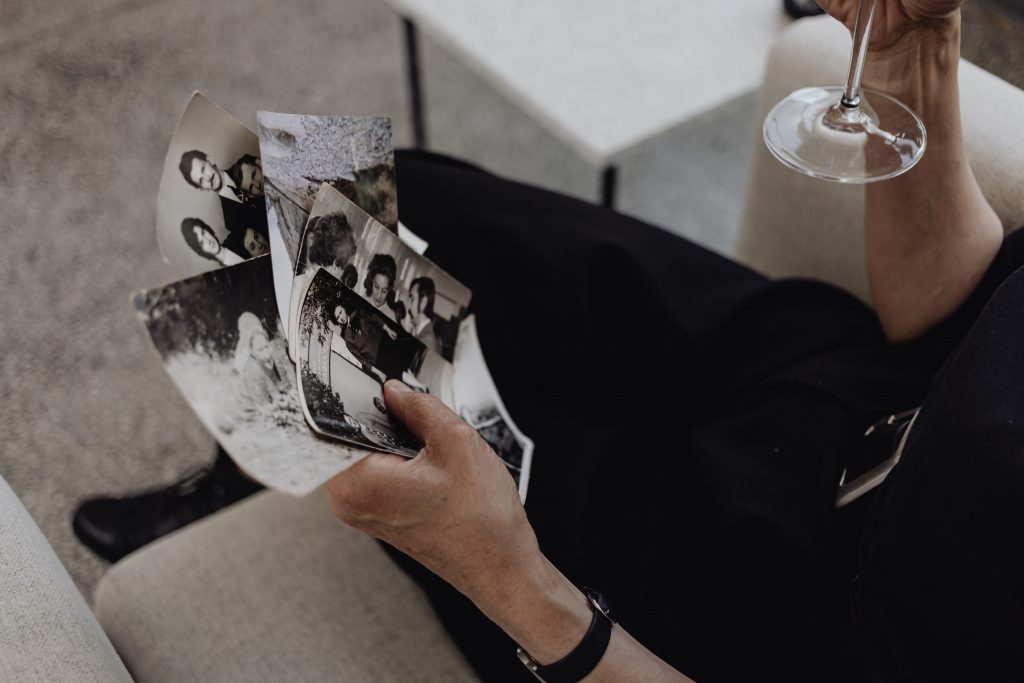
When supporting someone who is grieving, it’s important to be respectful of their beliefs and practices. Despite being different from our own beliefs, we have to respect it. Ask the person if there are any specific rituals or traditions that they would like to include in the grieving process. If it’s okay with them, be open to participating in them. If you’re unsure about a particular practice, ask questions and approach the situation with an open mind.
Being mindful of cultural differences
Cultural traditions and practices can vary greatly. It’s important to be mindful of these differences when supporting someone who is grieving. Take the time to learn about the person’s cultural background and beliefs, and ask if there are any specific practices or customs that are important to them.
Avoiding judgment
It’s important to avoid judgment and criticism when it comes to others’ beliefs and practices. Even if something seems unfamiliar or uncomfortable to you, remember that it may hold deep meaning and significance for the person who is grieving. Approach the situation with empathy and understanding, and be willing to learn and grow alongside the person.
Offering support in a non-judgmental way
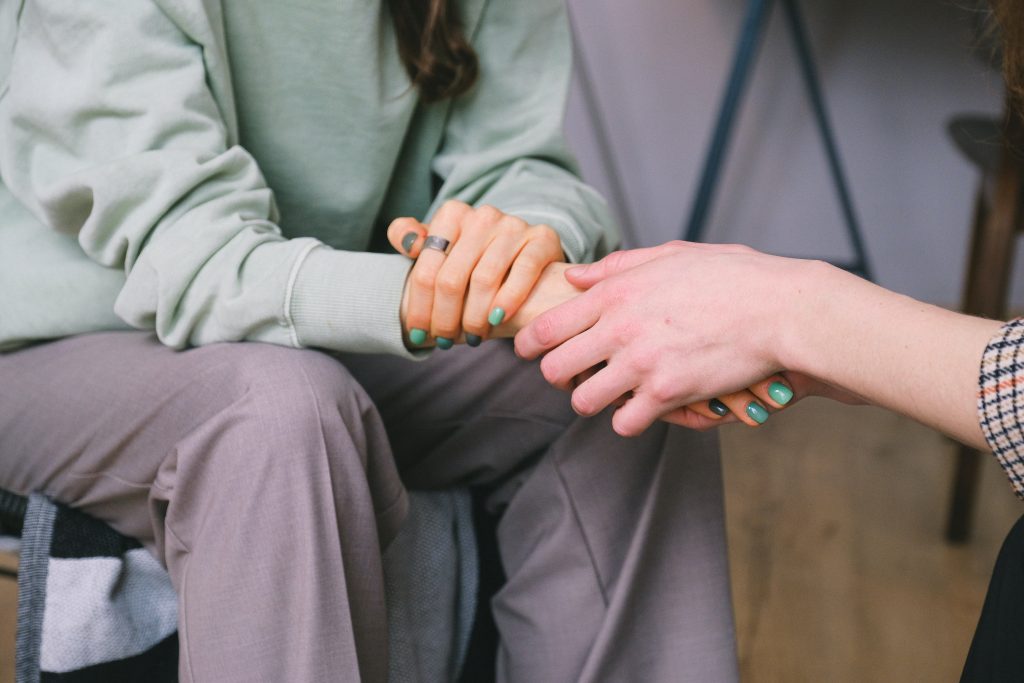
When offering support to someone who is grieving, it’s important to do so in a non-judgmental way. Avoid imposing your own beliefs or practices onto the person, and instead, offer support and encouragement in a way that is respectful and open-minded.
While rituals and traditions can be a helpful part of the grieving process, it’s important to remember that everyone grieves differently. It’s okay if certain rituals or traditions don’t resonate with you. There’s no issue if you choose to create your own unique ways of honoring your loved one. Ultimately, the most important thing is to find ways to cope with your grief and to honor the life of your loved one in a way that feels meaningful to you.
By respecting the traditions and rituals of others, we can help to create a sense of unity and support during a difficult time. Remember that everyone grieves differently and that there is no right or wrong way to navigate the process. By being open and supportive, we can help to create a safe and compassionate space for those who are grieving.
READ MORE: Golden Haven Memorial Park News and Update


